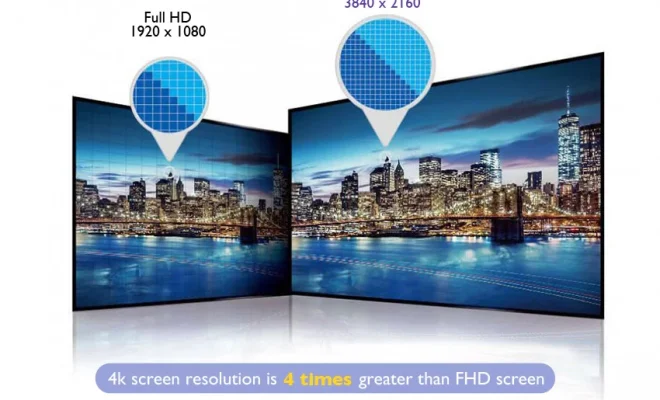What is System Design?

System design is the process of defining, designing, and developing a system to satisfy specific needs and requirements.
A system is a set of components that work together to achieve a common goal. These components can be hardware, software, people, or processes. A system can be simple or complex, ranging from a simple vending machine to a large-scale enterprise resource planning (ERP) system.
The design of a system is critical to its success, as it determines how well the system will achieve its goals. A good system design ensures that the system is efficient, reliable, and scalable. It also considers the user’s needs and requirements, ensuring that the system is easy to use and maintain.
The system design process typically involves the following steps:
1. Requirement gathering: The first step is to understand the needs and requirements of the system’s stakeholders. This involves interviewing users, analyzing data, and developing use cases.
2. Design: Based on the requirements, the system is designed. This includes defining the system architecture, specifying the components, and designing the interfaces between them.
3. Development: Once the design is finalized, the system is developed. This involves writing code, configuring hardware, and testing the system.
4. Testing: It is critical to test the system thoroughly before deploying it to ensure that it performs as expected. This includes functional testing, performance testing, and security testing, among others.
5. Deployment: Once the system is tested and approved, it is deployed in the production environment. This involves installing hardware, configuring software, and training users.
6. Maintenance: Finally, the system must be maintained to ensure that it continues to perform as expected. This involves identifying and resolving bugs, updating software, and providing support to users.
System design is critical to the success of any system. A well-designed system is efficient, reliable, and easy to use. It also meets the needs of the users, ensuring that it remains relevant and useful. As such, system design is a complex and demanding process that requires the input of experts from different fields.






